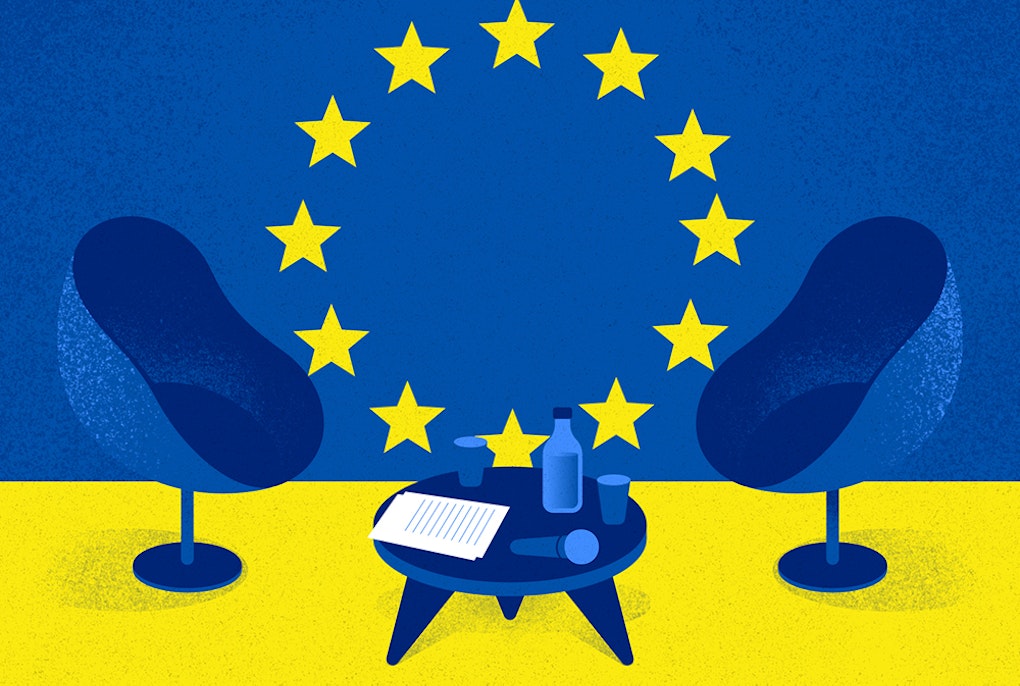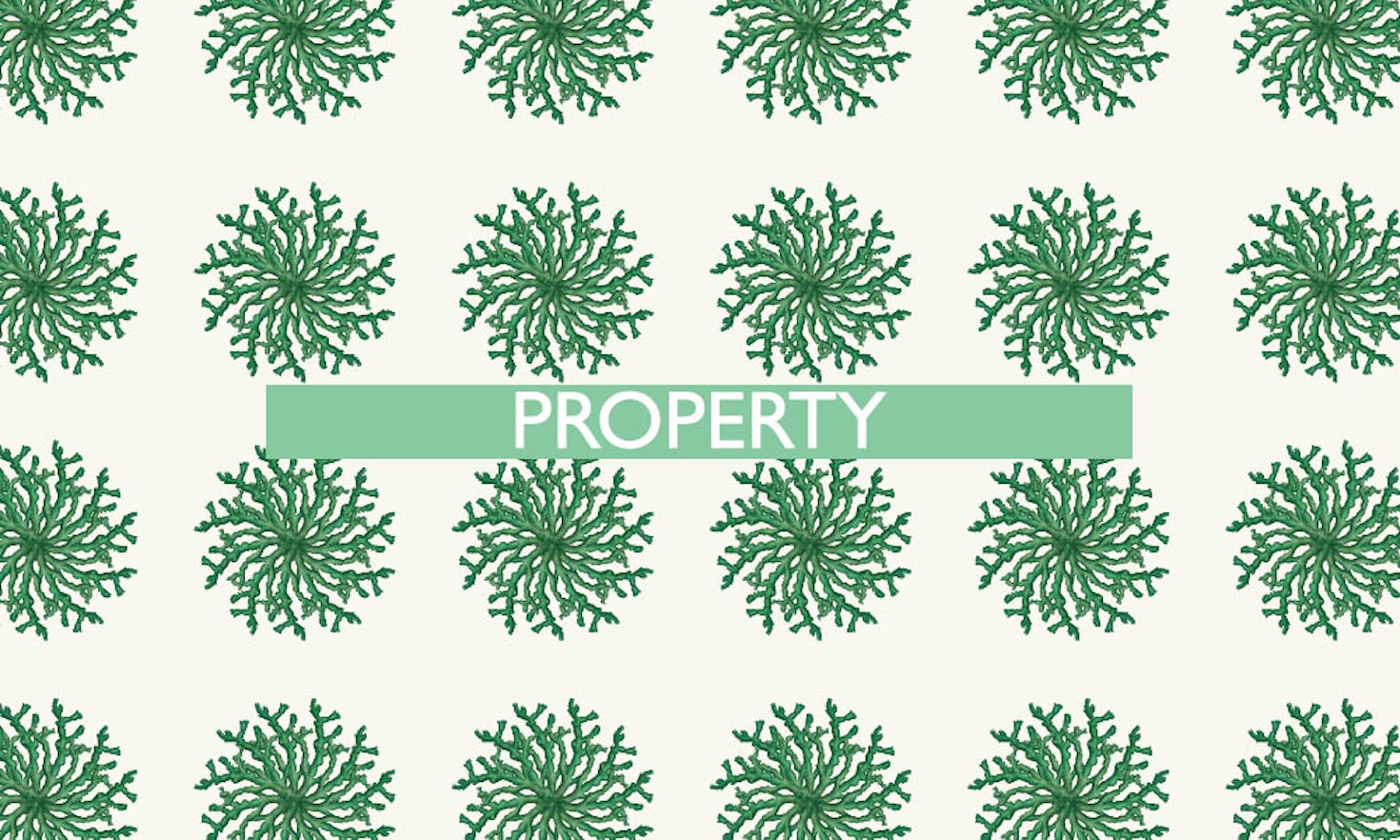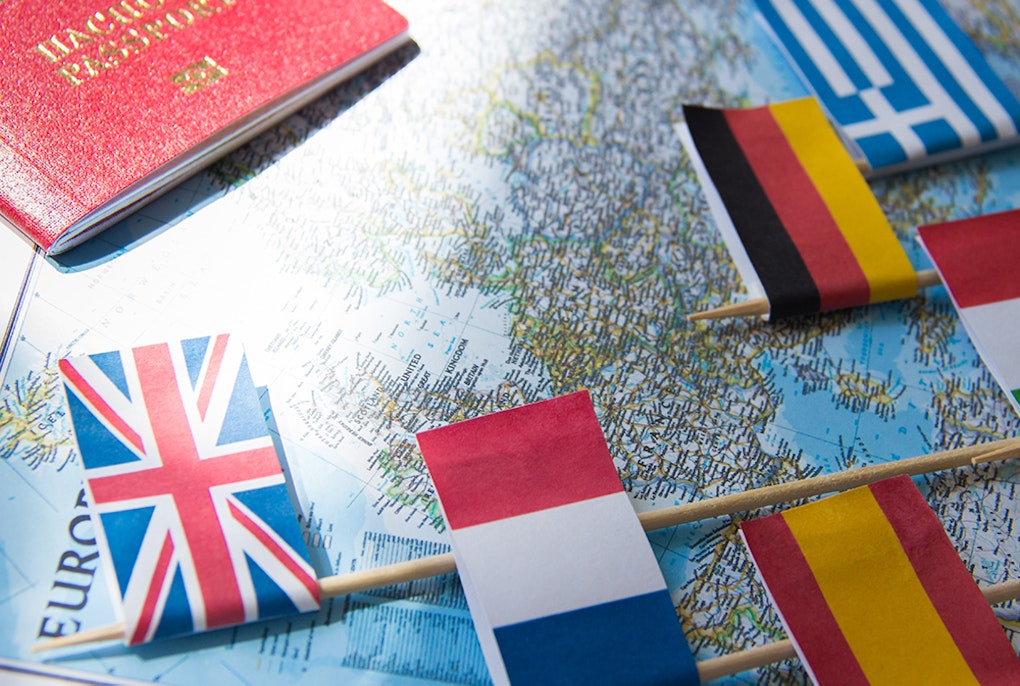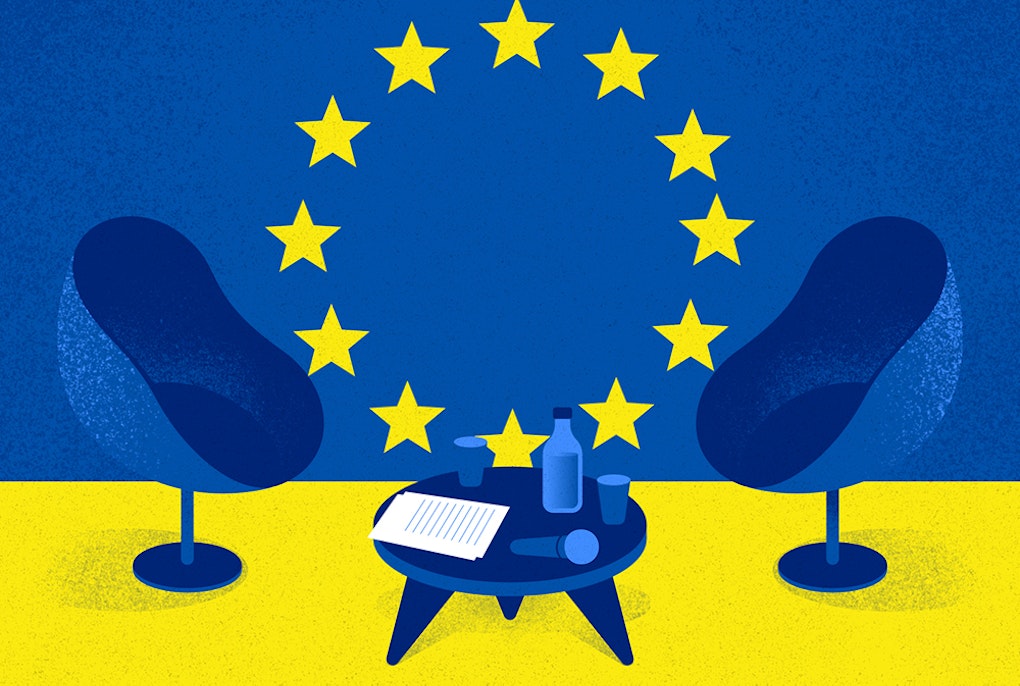
The 17th of all EU-r rights: property and how the Charter contributes

Imagine this: you notice that your daughter always sits uncomfortably at the dining table as no chair can position her at the correct height. You have a brilliant idea and design a new product that allows a chair to “grow” with your children. The new product becomes such a huge success that you establish intellectual property rights and sell millions more of these chairs across Europe. You then discover an internet platform on which your protected trademark is being used to draw user attention to products that are not yours. Obviously,this sort of free-riding taking place without your consent and at your cost, does not leave you amused.
Such a case took place in real life. Peter Obsvik originally developed said chair, later marketed by the Norwegian firm Stokke under the name “Tripp-Trapp”. The platform was in fact, Ebay and whether offers under the name “Tripp Trapp” were indeed Stokke products was little concern of theirs. A German court found this problematic invoking Article 17 of the Charter.1
Of course, the right to property goes far beyond trade marks. Article 17 of the Charter provides the “right to own, use, dispose of and bequeath” all lawfully acquired possessions and states: “No one may be deprived of his or her possessions, except in the public interest and in the cases and under the conditions provided for by law, subject to fair compensation being paid in good time for their loss. The use of property may be regulated by law in so far as is necessary for the general interest.” A second paragraph adds that “intellectual property shall be protected”.
The Charter right in action
You do not have to run a business in order to be protected by Article 17. Just imagine you are a civil servant and your pension is cut down for the only reason that you decided to take up another paid function following your retirement. 2 But admittedly, many cases decided at the EU Court in Luxembourg use Article 17 in a business related context.
How the EU protects trademarks
- For 25 years it has been possible to register an EU wide trademark. Nowadays every year over 175.00 applications for an EU trademark reach the European Union Intellectual Property Office based in Alicante (Spain).
- An EU trademark grants an exclusive right in all current and future EU Member States at a reasonable cost with one single registration. It is valid for 10 years and can be renewed indefinitely, 10 years at a time, for each renewal. The details were laid down in the EU trademark regulation (EU) 2017/1001 of 14 June 2017.
- EU legislation also makes sure that the law on national trademarks is aligned. This is done via the trademark directive (EU) 2015/2436 of 16 December 2015.
Article 17 belongs to the Charter provisions that are invoked rather frequently – in 2020 the EU Court used Article 17 close to 40 times. The EU Court underlines that the right to property does not constitute an absolute prerogative, but must be viewed in relation to its “social function”. This was fort instance underlined in a case concerning the importation of captured wild birds into the European Union being prohibited due to the H5N1 influenza virus pandemic.3 Whether or not to explicitly recognise the social function of property was indeed a major topic for the Convention when drafting the Charter over 20 years ago.4 While not explicitly recognised in the final text, such a concept reflects national constitutional traditions.
What do Member State constitutions say?
The constitutions of all EU Member States guarantee the right to property. However, these provisions differ from the Charter as they do not explicity refer to intellectual property rights.5 There are more differences. Whereas the Charter does not explicitly mention inheritance, a third of the national constitutions in the EU, do so explictly.6 Whereas the Charter underlines that that the right to property may be restricted “in the public interest”, it does not specify how property relates to the common good. Neither does it establish any explicit social dimension of property rights. This is very different in some of the Member States constitutions.
The Estonian, Latvian and Slovak constitution state that property may not be used in a manner that contravenes the public interest , while the Croatian constitution even stresses that property shall “contribute to the general welfare”8. The Italian constitution mentions the “social function” of property9 and the Hungarian constitution establishes that “property shall entail social responsibility”10.
Other specificities exist. The Cypriot constitution explicitly reserves the right to underground water, minerals and antiquities to the State.11 Romania offers the example of a constitution that limits the property rights of foreign citizens and stateless persons.12 In Luxembourg the constitution explicitly states that the confiscation of property can never form a penalty13 and the Czech provision on property stresses that taxes and levies can only be imposed on the basis of law14.
So what?
Article 17 is a simplified version of what is available under the Council of Europe system15 with a new and additional emphasis put on intellectual property rights. Together with Article 15 (freedom to choose an occupation and right to engage in work) and Article 16 (right to conduct a business), Article 17 forms an important triad to protect property of persons in the EU. Interested in knowing more? Well, here you are: ‘All EU-r rights‘, stay tuned!

Citation
This content is licensed under a Creative Commons Attribution 4.0 International license except for third-party materials or where otherwise noted.


